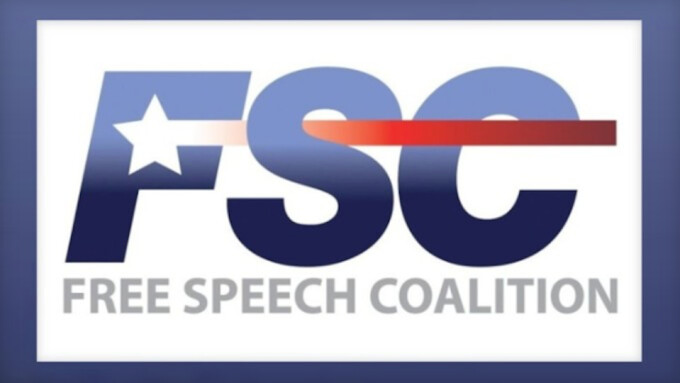LOS ANGELES — The Free Speech Coalition (FSC) has released a statement regarding Utah HB243, which would require all adult content in the state to include a warning label. The bill has now passed both the Utah House and Senate.
The trade organization's statement follows:
The Utah legislature is attempting to pass a new law, HB243, that would require all obscene material distributed in the state to come with a five-second warning label stating that such material “may damage or negatively impact minors.” Anyone who does not comply can be sued by the Attorney General of Utah, for a penalty of $2500 per violation.
Despite changes to the bill, HB243 remains a land mine of First Amendment issues. Affixing a state-mandated warning to an adult film, which enjoys First Amendment protections, is fundamentally different from doing the same to a food product, which does not.
The bill’s author, Rep. Brady Brammer, says that the labelling law will only apply to ‘obscene’ content. However, there is no established legal definition for obscenity — each case would have to be worked out through a lengthy and expensive legal process. However, the chilling effect on legal speech would be substantial.
HB243 is remarkably similar to a 2005 Utah labeling bill, HB260, which was struck down in 2012 after a costly seven-year court battle. In the ensuing case, Florence v. Shetloff, a federal judge ruled that Utah could prosecute a person in communication with a specific minor, but could not prosecute generally accessible websites. We don’t know why the State of Utah would want to waste precious time and taxpayer dollars fighting an already-decided battle.
FSC supports the limiting of adult content to adults. That’s why we’ve worked closely with adult content filters to register adult content, and why adult sites carry the Restricted to Adults Label, which allows them to be easily blocked. If Rep. Brammer wants to limit access of adult content by minors, consumer filters are a much more effective solution — and one that doesn’t trample First Amendment protections.







